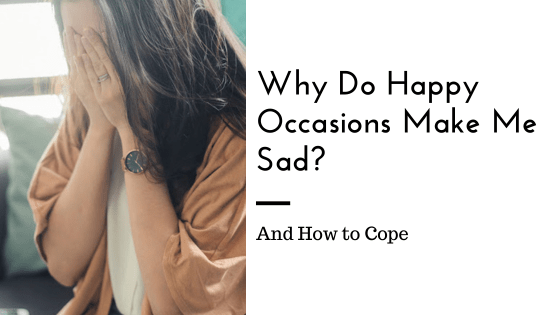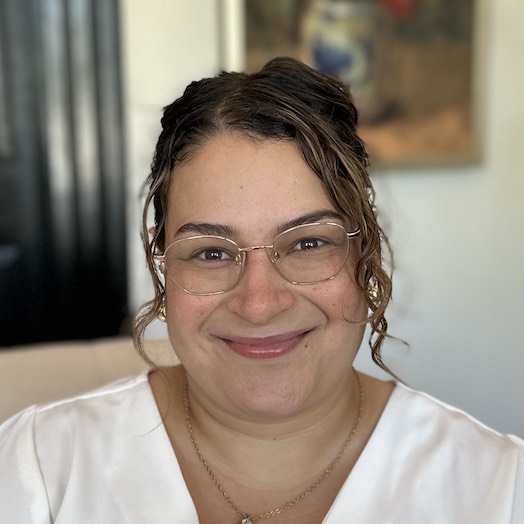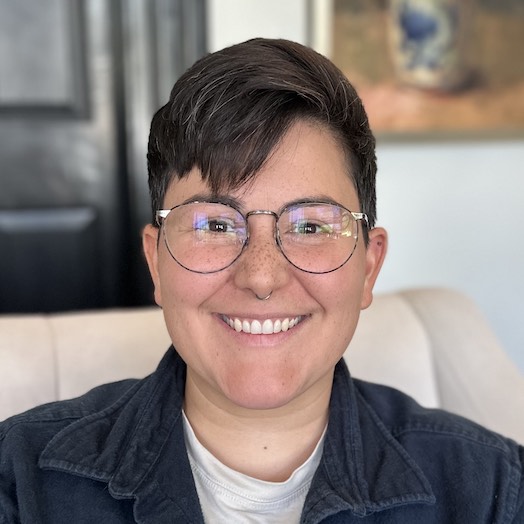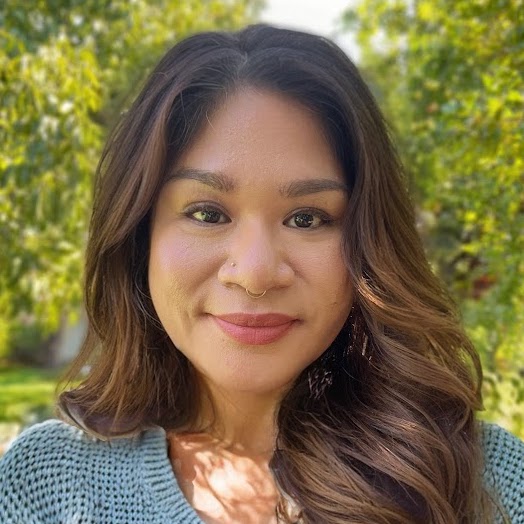
If you’ve ever experienced this unexplained sadness during a happy occasion, you may be wondering what happened. Did you suddenly remember something that made you sad? Did you run out of dopamine in your mind?
Okay, rather than endlessly asking rhetorical questions, let’s explain what actually causes this change of emotions and what you can do to cope with this confusing experience.
Why Do We Get Sad During Happy Occasions?
Since we all have different life experiences, brain chemistry, and methods of processing our emotions, it is a bit challenging to boil this main question into a single answer. Yep, unfortunately, this means that there are a few different causes for feeling sad during happy occasions. You may experience any one of these reasons (or even a mix of a few) that can cause your emotions to 180 during an event where you should be happy.
While, in reality, there are a number of reasons why you may experience this change in emotion, most of the time it will boil down to one of the four following causes.
The Memory and Emotion Connection
There is a strong connection between our emotions and our memories. A lot of times, we experience our strongest emotions when thinking about memories from our past (both good and bad).
For better or worse, we typically do not control when these memories come up, and they can be triggered by events that make us feel strong emotions — like extreme happiness. One example of this may be celebrating the marriage of a friend when your own marriage ended years ago or celebrating the birthday of your partners’ mother while you can no longer celebrate your own mother’s birthday. These memories of the things we have lost can interfere with our ability to experience happiness at the moment and instead dwell on feelings of loss or longing.
It is also important to consider that you may experience feelings of sadness, loss, or longing for things that you never had or never will have as well. While these examples are not necessarily tied to memories per se, they are still triggered by the feeling of happiness for someone else but not ourselves.
The “Third Law” of Emotions
Alright, time for a quick physics refresher for anyone who remembers that guy named Newton but can’t remember much about what he actually did. Now, you’re not here to learn about physics, but one of the most impactful things that Newton gave us is what is called the three laws of motion. These laws state:
- An object will not change its motion unless a force acts on it.
- The force on an object is equal to its mass multiplied by its acceleration.
- When two objects interact, they apply an equal but opposite force to each other.
For the sake of answering our question about why we feel sad during happy occasions, we really only care about the third rule here. So, we’re not physicists, but we can make the connection between these laws of “motion” and “e-motion,” get it? Bad jokes aside, if we were to take this rule and apply it to our emotions (rather than objects in motion), we would come up with a common psychological theory called the “opponent process theory.”
Opponent process theory states that the initial reaction to a particularly emotional event is immediately followed by the opposite reaction when the event ends (or when the primary stimulus is removed). Thinking about this in simpler terms, this means that when you are at a wedding, birthday, or another exciting event, your initial reaction is joy or happiness. But, after the event ends, or you have spent a certain amount of time experiencing that happiness, you will feel the opposite emotion — sadness.
The Survival Instinct
Another explanation for this same change in emotion comes from a survival perspective. When we are really happy about something, we tend to pay much less attention to our surroundings. This can make us more susceptible to harm — which is something that our natural instincts want absolutely none of.
Our survival instincts are meant to keep us alive. Unfortunately, this means that they don’t really care if they ruin our evening out with friends celebrating our recent graduation or marriage. Basically, what happens when our survival instincts kick in during these situations is that the happiness we feel is replaced by a “low” that helps to get us back to a more stable (and cautious) state.
The Imperfection of the Real World
Sometimes we simply build something up so high that when we experience it in the real world it cannot live up to our expectations. This means that even though we may be happy in the moment — say, at a wedding or graduation — the event or accomplishment doesn’t feel nearly as good or exciting as we thought it would. This can lead to feelings of disappointment, and we may end up focusing more on what isn’t there versus what is there.
How to Cope with This Type of “Unwarranted” Sadness
As we’ve mentioned before, we all experience emotions differently, and our minds may require different solutions to address these emotions (and any changes to them). This means that the solutions below may not work for everyone, but typically one, or a few, of the tips we have below can help you cope with this unexpected change in emotion during even the happiest occasions.
- Allow yourself to feel the emotions. Work to increase your awareness of your feelings by allowing yourself to feel them without shame, guilt, or resentment.
- Be compassionate with yourself. It is okay to feel sad during happy occasions. Our emotions are complex, and they change by their very nature.
- Talk to a loved one or close friend about what you are feeling. Sometimes talking out what you are feeling can be all you need to get back to that happiness that was displaced.
- Try to avoid uncomfortable celebrations. Celebrating in ways that make you uncomfortable can heighten your risk of becoming overwhelmed and increase your chance of having those protection instincts kick in and combat your happiness.
- Practice self-care. Do activities that you love, and prepare for an event that you know may bring up an old memory or emotion by checking in with yourself and addressing your needs.
Sometimes you may experience a mixture of causes for sadness at events that are supposed to be happy. And sometimes, you may not know how to deal with those changing emotions on your own. If you are unable to determine what is making you feel sad during these happy events, or you are looking for guidance on how to cope with this feeling, please do not hesitate to reach out to us at Love Heal Grow to make an appointment with one of our therapists.
























